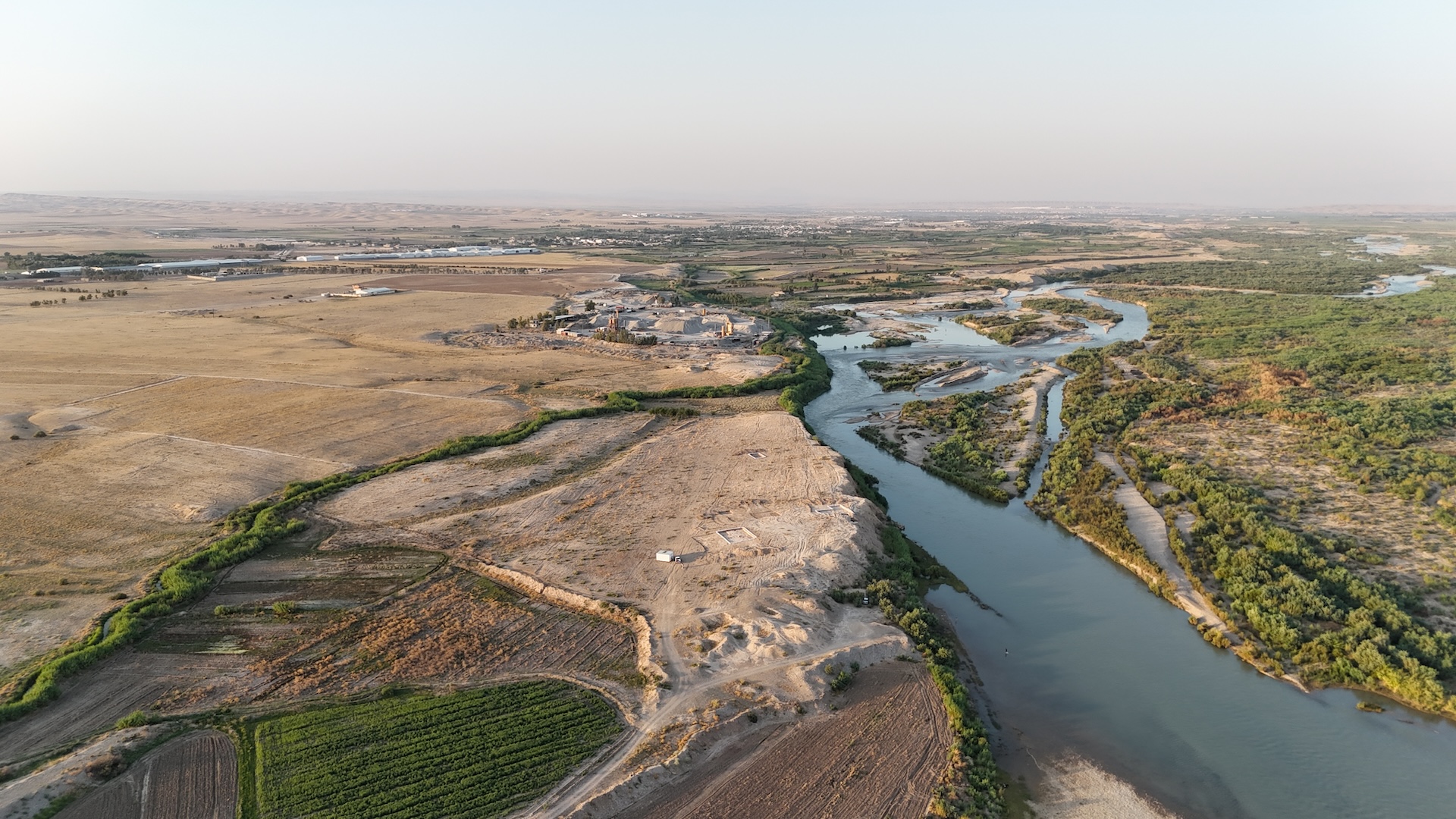Nanomaterials, Vol. 14, Pages 1939: Advances and Challenges in Tracking Interactions Between Plants and Metal-Based Nanoparticles
Nanomaterials doi: 10.3390/nano14231939
Authors: Kena Zhang Qingmeng Liu Yukun Wang Xigui Liu Xiaoxia Zhou Bing Yan
Metal-based nanoparticles (MNPs) are increasingly prevalent in the environment due to both natural processes and human activities, leading to direct interactions with plants through soil, water, and air exposure that can have beneficial and detrimental effects on plant growth and health. Understanding the uptake, translocation, and transformation of MNPs in plants is crucial for assessing environmental risks and leveraging nanotechnology in agriculture. However, accurate analysis of MNPs in plant tissues poses significant challenges due to complex plant matrices and the dynamic nature of nanoparticles. This short review summarizes recent advances in analytical methods for determining MNP–plant interactions, focusing on pre-processing and quantitative nanoparticle analysis. It highlights the importance of selecting appropriate extraction and analytical techniques to preserve nanoparticle integrity and accurate quantification. Additionally, recent advances in mass spectrometry, microscopy, and other spectroscopic techniques that improve the characterization of MNPs within plant systems are discussed. Future perspectives highlight the need to develop real-time in situ monitoring techniques and sensitive tools for characterizing nanoparticle biotransformation.

 1 day ago
9
1 day ago
9

